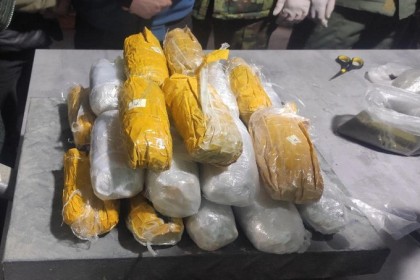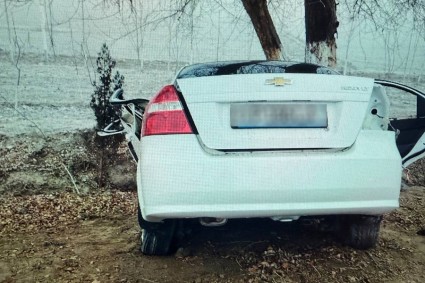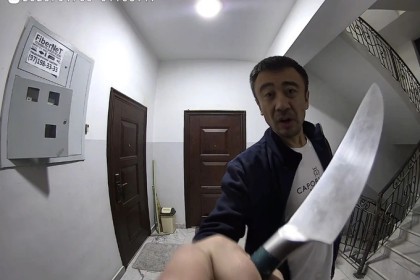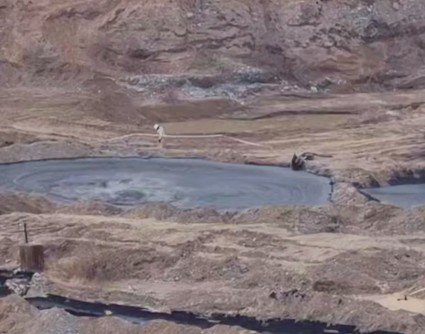President Shavkat Mirziyoyev, by his April 17 decree, approved the Uzbekistan’s Municipal Solid Waste (MSW) Treatment Strategy for 2019-2028.
The document highlighted the low level of provision of solid waste collection and disposal services in rural areas, the poor state of the infrastructure and that the existing solid waste landfills fail to meet sanitary and environmental standards.
about half of the country's is currently covered with wast collection services. The MSW management system today includes 13 state unitary enterprises with 172 branches in districts and cities, as well as 9 clusters on the solid waste integrated management.
Main objectives of the Municipal Solid Waste Treatment Strategy for 2019-2028:
- development of sanitation infrastructure aimed at ensuring full coverage of the population with solid waste collection and removal services;
- creation of an efficient and modern system for processing solid domestic waste;
- reducing the volume of solid waste sent for disposal to landfills, the creation of modern landfills that meet the sanitary and environmental standards, as well as taking measures to close and recultivate existing landfills;
- improving pricing and performing price optimization;
- use of MSW facilities as alternative energy sources.
Target strategy indicators:
- bringing the coverage of solid waste collection and removal services to 100%;
- ensuring the processing of at least 60% of the MSW;
- increasing in the volume of processing of specific MSW (mercury-containing waste, tires, batteries, waste oils, packaging waste, etc.) up to 25%;
- reducing the amount of solid waste sent for disposal to landfills, up to 60%;
- upgrade all landfills in accordance with the established requirements, performing full land reclamation of the former landfills;
- use of alternative energy sources at MSW treatment facilities up to 35%;
- ensure monitoring landfills (monitoring the status of groundwater and air) up to 100%.
The Ecology and Environmental Protection Committee was entrusted with the task of enhancing the ecological culture of the public, as well as organizing public outreach, focusing on prevention of environmental offenses, rational use of natural resources and waste management.














